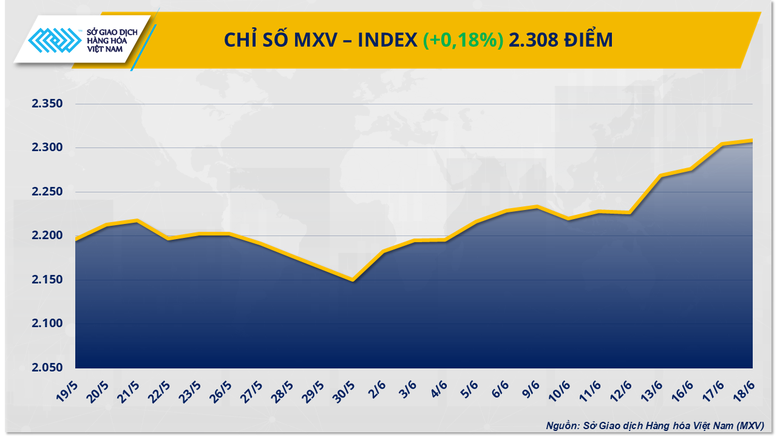
Cautious sentiment prevails in energy markets
According to MXV, yesterday's session was dominated by buying power in the energy market. WTI crude oil prices closed up 0.4% to $75.14/barrel - the highest level since January. Meanwhile, Brent crude oil prices also recorded a slight increase of 0.33% to $76.7/barrel.
Tensions between Israel and Iran continue and appear to be escalating on both sides. While there are no signs of a thaw, there have been no new reports of major disruptions to Iranian oil exports or shipping through the Strait of Hormuz, a vital route for the global oil industry. The threat of a blockade of the Strait of Hormuz is a major driver of higher energy prices.
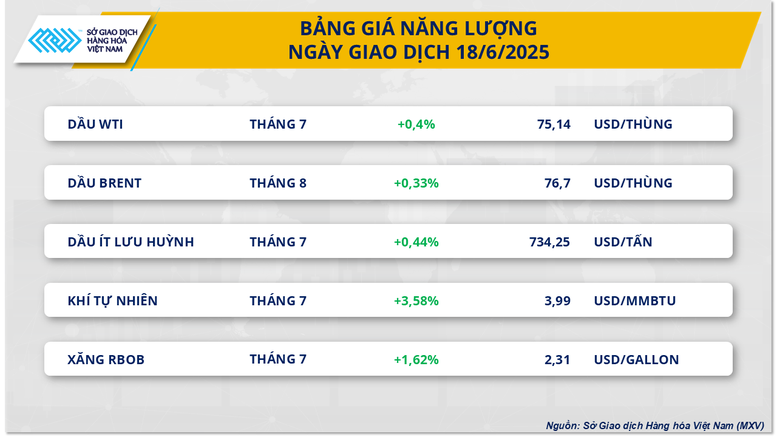
According to analysis by ING bank, nearly a third of the world's commercial oil transported by sea passes through this strait. A significant disruption to these oil flows would be enough to push prices to $120 a barrel. The market is still in a wait-and-see mode as this new conflict in the Middle East continues to have many complicated developments.
In addition, in yesterday's meeting, the Federal Open Market Committee (FOMC) of the US Federal Reserve (Fed) decided to keep the basic interest rate at a high level of 4.25 - 4.5%, which has been maintained continuously since the end of 2024. This decision was made in the context of the US economy having just experienced deflation in the first quarter, along with signs that inflation is gradually being controlled, but both the FOMC and the Fed assessed that the current inflation rate is still higher than the set target of 2%.
At the same time, the Fed also believes that the US economy is still unstable with the possibility of rising inflation, mainly due to the White House's tariff policies as well as the impact of rising energy prices due to geopolitical tensions. High interest rates will drain money from the market and restrain the increase in prices of goods, including energy goods.
Also yesterday, the US Energy Information Administration (EIA) released data and a weekly report on domestic petroleum. Accordingly, similar to the previous estimate of the American Petroleum Institute (API), the week ending June 13 recorded a decrease of up to 11.5 million barrels, marking the fourth consecutive week of decline in US commercial crude oil reserves; thereby, supporting the upward momentum of oil prices. However, petroleum inventories also increased for the third consecutive week, raising some concerns about the situation of energy consumption demand, especially during the peak travel season of American people.
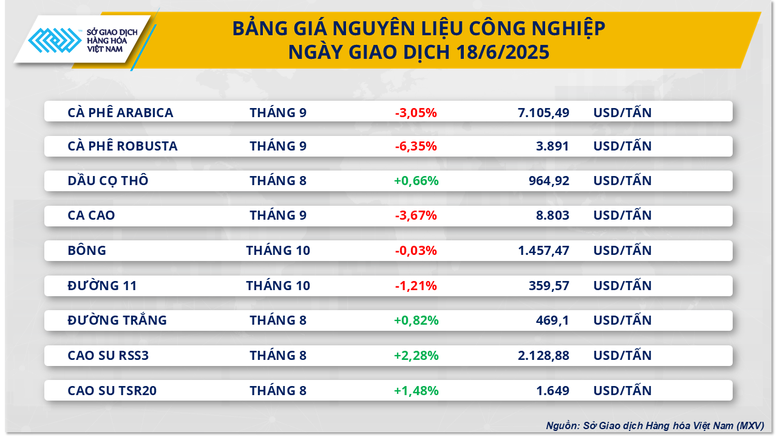
Supply pressure continues to weigh on coffee prices
Contrary to the general trend, selling pressure continued to dominate the industrial raw material market, especially with two coffee products. At the end of the session, Arabica coffee prices fell more than 3% to 7,105 USD/ton, the lowest level in the past 5 months, while Robusta coffee prices plunged 6.35% to 3,891 USD/ton, the lowest level in the past year.
According to MXV, abundant supplies in Brazil are putting pressure on coffee prices as the country's harvest is entering its peak period.
In addition, in recent months, the three major Robusta coffee exporting countries, Vietnam, Brazil and Indonesia, have all recorded strong growth in exports, contributing to improving global coffee supply.
Source: https://baochinhphu.vn/gia-dau-tho-cao-nhat-ke-tu-dau-nam-gia-ca-phe-robusta-lao-doc-6-102250619105801533.htm








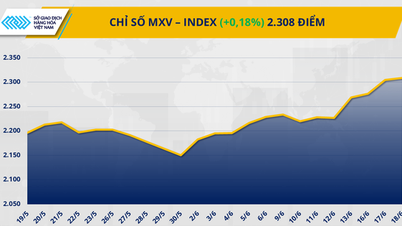

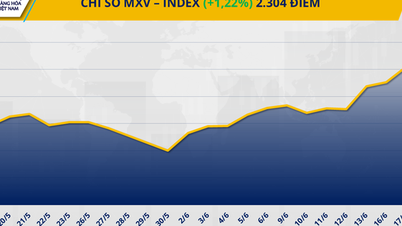
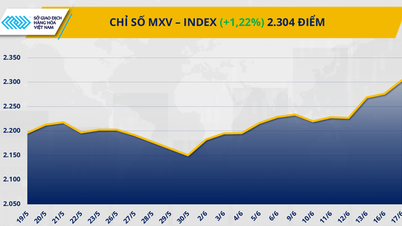
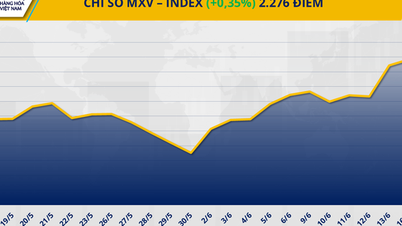
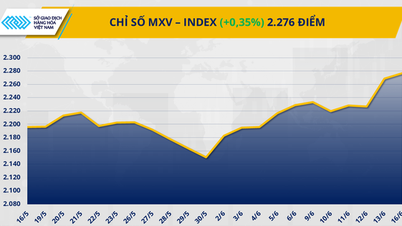
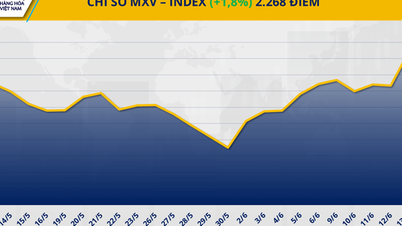

























































































Comment (0)